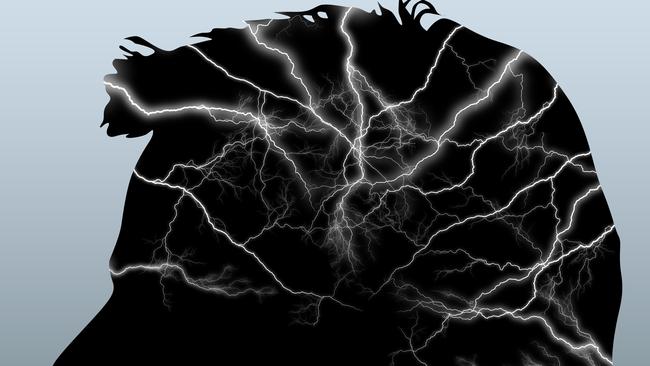Implants offer epileptics alerts
Information gathered from brain implants could predict the onset of epileptic seizures days before they occur, a study suggests.

Information gathered from brain implants could predict the onset of epileptic seizures days before they occur, a study suggests.
The research appears to mark a breakthrough in efforts to forecast the brief storms of electrical activity in the brain that can cause convulsions, hallucinations or loss of consciousness.
“For 40 years efforts to predict seizures have focused on developing early warning systems, which at best could give patients warnings just a few seconds or minutes in advance of a seizure,” said Vikram Rao of the University of California, San Francisco, who led the study.
“This is the first time anyone has been able to forecast seizures reliably several days in advance, which could really allow people to start planning their lives around when they’re at high or low risk.”
The research, published in The Lancet Neurology, began with the development of a small device that sits under the scalp, flush with the skull at the top of the head. Wires lead from it into the deep structures of the brain that are the focal points of the electrical activity that causes seizures.
It acts a little like a heart pacemaker, monitoring the brain’s electrical activity and delivering pulses of electrical stimulation when it detects unusual activity. Studies suggest that this may help to halt seizures in some patients whose epilepsy does not respond to drugs, though NHS England has said that there is not enough evidence to make the treatment available on the health service.
Scientists envisage that one day patients might be given a forecast warning them several days in advance that they were entering a high-risk period for seizures. The device could send signals to a wireless hub that could send alerts to a phone, for example.
One such device, the Neuropace RNS System, has been used to record the brain activity of patients in the US for several years as they go about their day-to-day lives. By analysing the records of 18 patients, the researchers found evidence that seizures are less random than they might appear. They were able to identify cycles of “brain irritability” that predicted a higher likelihood of one occurring.
The data from the 18 patients was used to build a statistical tool capable of making forecasts of when seizure risk was high. This was then tested using data gathered from another 157 patients. Seizures could have been predicted several days in advance for 40 per cent of them.
This was not a guarantee that a seizure would occur and what triggers them is still not fully understood, although many people with epilepsy report that stress, alcohol and lack of sleep appear to set them off.
The Times


